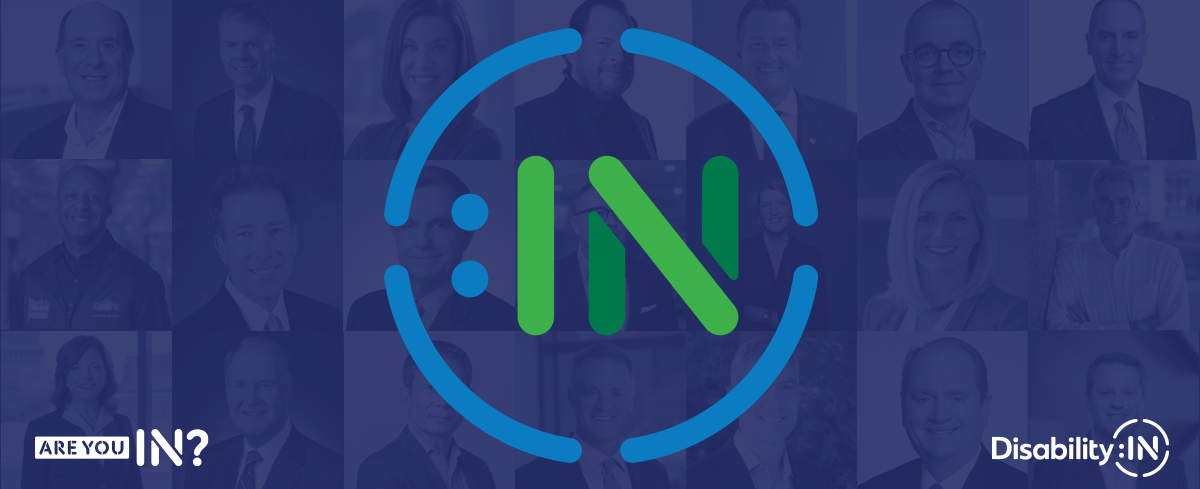
Disability:IN hopes it will increase disability inclusion and representation at more multinational companies.
HR pros may soon have a better understanding of what disability inclusion looks like in different countries, thanks to a recently expanded benchmarking index.
Where in the world? Disability:IN, the organization behind the Disability Index (DI), an annual report examining the best companies for disability inclusion, has previously only looked at US-based operations. Now in its tenth year, the DEI, which looks at how companies recruit, retain, accommodate, and include disabled workers, is accepting submissions from employers in seven new countries: Brazil, Canada, Germany, India, Japan, the Philippines, and the UK, according to a January announcement.
The organization made this decision after two years of research and conversations with almost 100 companies in 66 countries, according to Jill Houghton, president and CEO of Disability:IN. “One of the things that was most important to us…was to focus on ensuring that we were asking questions that were culturally competent,” Houghton told HR Brew.
In creating country-specific benchmarks, Disability:IN considered how disability laws vary around the world. For example, Japanese employers with more than 300 workers are required to make up 2.5% of their workforce with employees who identify as disabled. On the other hand, India’s Rights of Persons with Disabilities Act has more narrow parameters, limiting hiring quotas to just governmental roles.
While Houghton said that inclusion looks different in each country, there are still some commonalities, and hopes that the expanded index will inspire more disability inclusion and representation globally. Companies “excelling” in disability inclusion had “a senior leader who either openly identified as having a disability or being an ally for people with disabilities,” she said. Companies making strides in disability inclusion also reported having a disability employee resource group, supported by the C-suite.
Satellite view. The Americans with Disabilities Act went into effect In 1990, making the US the first country to institute comprehensive legislation protecting disabled people and providing a global framework for inclusion and accessibility. Since then, more than 30 other countries, from Nicaragua to China, have implemented their own disability rights legislation.
“People with disabilities represent a vast source of talent and comprise over one billion consumers worldwide,” Houghton said. “This reality means that disability inclusion is a powerful tool to create lasting value in companies and across society.”



